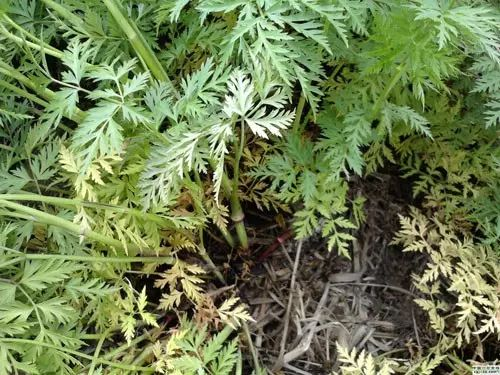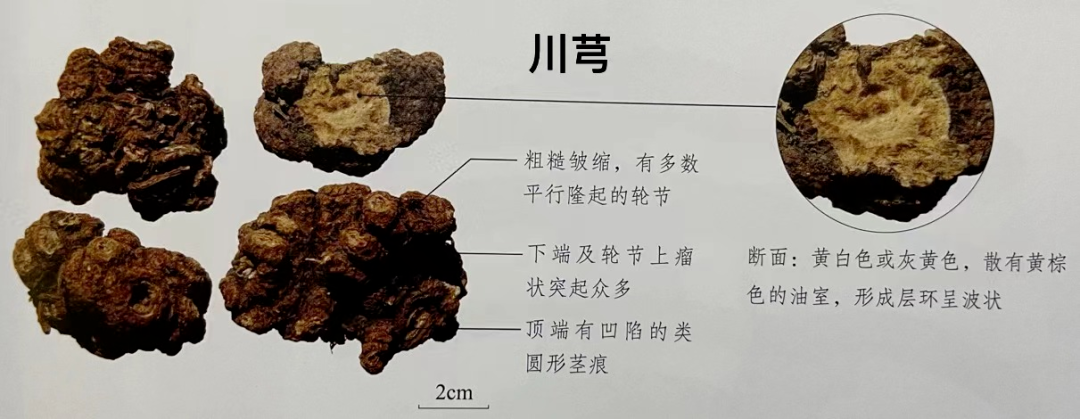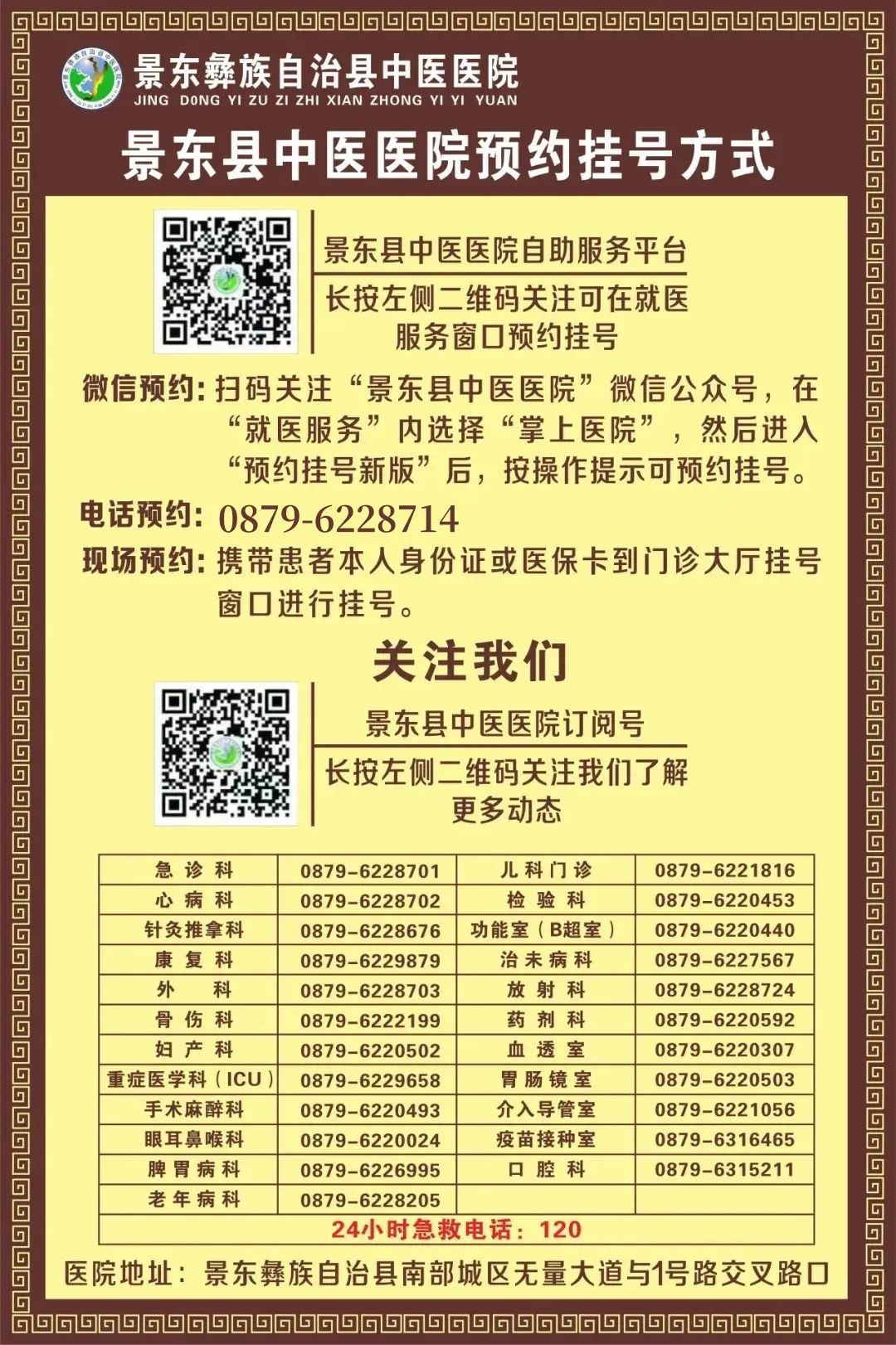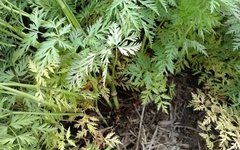
Click the blue words to follow us

Inheriting the essence of Traditional Chinese Medicine, spreading TCM culture
Chuanxiong (Ligusticum chuanxiong)

【Scientific Name】Chuanxiong (Ligusticum chuanxiong)
【Historical Reference】The Medicine King, Sun Simiao, described it as: “The green city is the most secluded in the world, the first cave in western Sichuan. Where the immortal cranes pass, the good medicine descends, Chuanxiong.” Originally named Qiong (芎䓖, qiong), it was first recorded in the “Shennong Bencao Jing” and is classified as a superior herb, with a pungent taste, warm nature, and belongs to the liver, gallbladder, and pericardium meridians. This herb ascends and is specifically used to treat various ailments of the head.
【Source】It is the dried rhizome of the plant Ligusticum chuanxiong, belonging to the Umbelliferae family. It is harvested in summer when the nodes on the stem are significantly prominent and slightly purple, then cleaned of soil, sun-dried, and baked, followed by the removal of fibrous roots.
【Preparation】Remove impurities, separate into large and small pieces, soak in water, sun-dry, moisten, slice, and dry.


【Properties and Meridian Affinities】Pungent taste, warm nature; enters the liver, gallbladder, and pericardium meridians.
【Functions and Indications】It invigorates blood circulation, promotes qi flow, dispels wind, and alleviates pain. It is primarily used for chest pain due to blood stasis in the heart, rib-side distension due to liver qi stagnation, stabbing pain in the chest and ribs due to liver blood stasis, injuries from falls due to blood stasis, swelling and pain from sores, irregular menstruation, dysmenorrhea, postpartum pain, retained lochia, various types of headaches, and rheumatic pain.
【Dosage and Administration】For internal use, it can be decocted (3-10g per dose), powdered (1-1.5g per dose), made into pills or powders (dosage varies according to the prescription), used in wine, or in medicinal cuisine.
【Precautions】
1. Chuanxiong is pungent and warm; use with caution for headaches caused by excessive liver yang.
2. Its warm and drying nature may deplete blood and injure yin; it is not suitable for those with yin deficiency and excess heat, indicated by a red tongue and dry mouth.
3. Women with excessive menstrual bleeding or bleeding disorders without stasis should avoid use.
4. Use with caution in pregnant or breastfeeding women.
(Some content sourced from the internet; please contact for removal if there is any infringement)
Editor: Yang Zhonghai Proofreader: Yang Juan Reviewer: Yang Wenzhong


